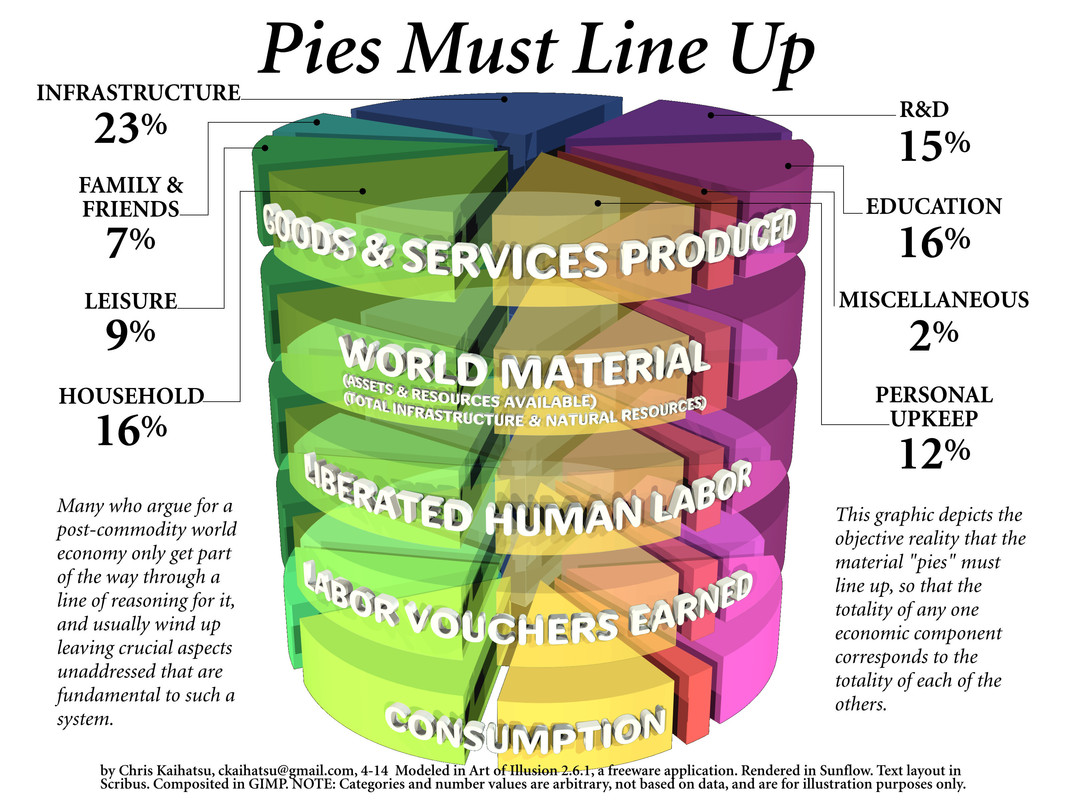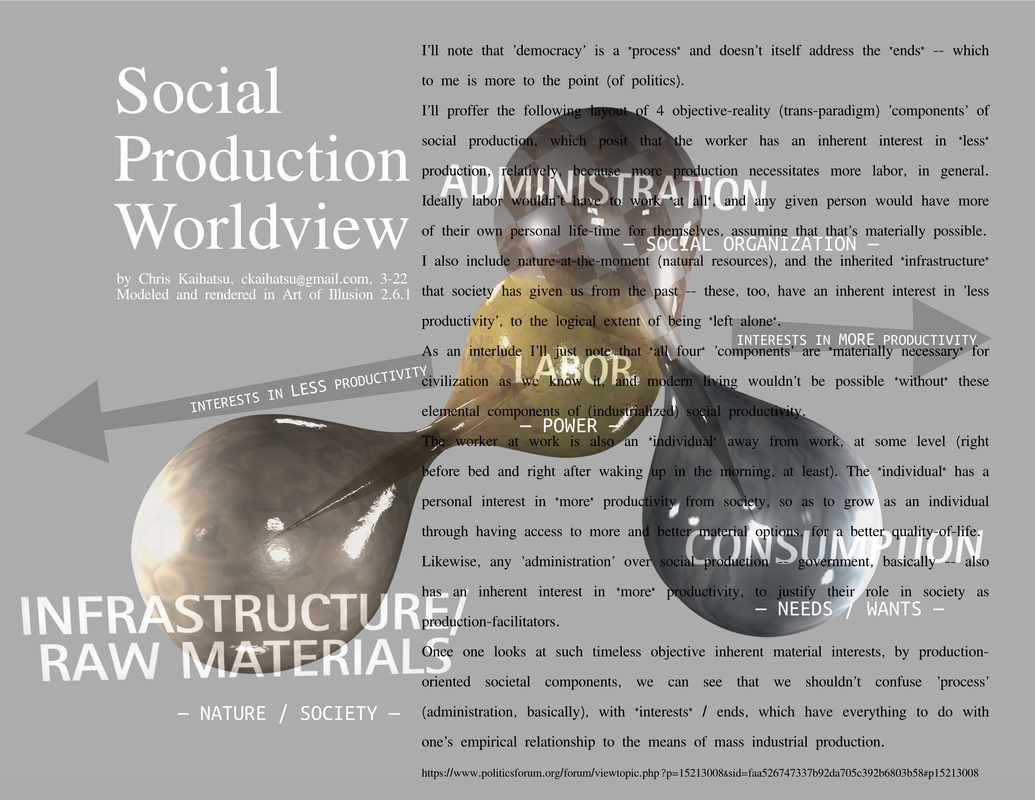Puffer Fish wrote:I want to show you a video too, Steve.
It's a place in Africa where they have "lots of money".
https://www.you[==]tube.com/watch?v=iCDQpm6f_pU
Nice try. The US and other advanced nations are not failed states, yet.
They, therefore, have functioning tax systems. They also mostly sell bonds to the public to balance deficit spending.
. . . I gather that you don't yet understand that money being saved can't cause inflation. and that money that buys a bond is saved. And, in fact, can't be unsaved until its due date, because any buyer must also be saving it.
. . . I know that you are still captured by the groupthink that is mainstream econ.. That you sill can't wrap you head around how they lied to you in economics class as they allowed false premises into their proofs. If you had taken a logic class like I did, you would have learned that deductive logic takes the form of => "if A & B are true, then C is true." So, if A or B are false, C has not been proven as true.
. . . Yet, in Econ. class they do this on most days, if we include them using C & D to prove E as true because they had 'proven' C with a false A.
. . . So, almost every "proof" in MS econ. has proven nothing about reality. We live in reality, so MS econ. has not said anything useful about reality.
In one of the videos that I posted Richard Werner explains that his study showed no inverse relationship between interest rates and a growing GDP. If anything, it is a slight positive relationship. meaning high interest rates go with a strong economy. He points to Japan that reduces interest rates to zero over 15 years and it didn't slow the economy, so they kept lowering them to zero, then they tried negative rates. And this didn't work either.
Anyway, taxes give fiat money its basic value, because people need the fiat money, at least, to pay taxes. So, if a Gov. can't force the people to pay its taxes, its fiat money has no basic value and can inflate very easily.
.












 - By Rich
- By Rich